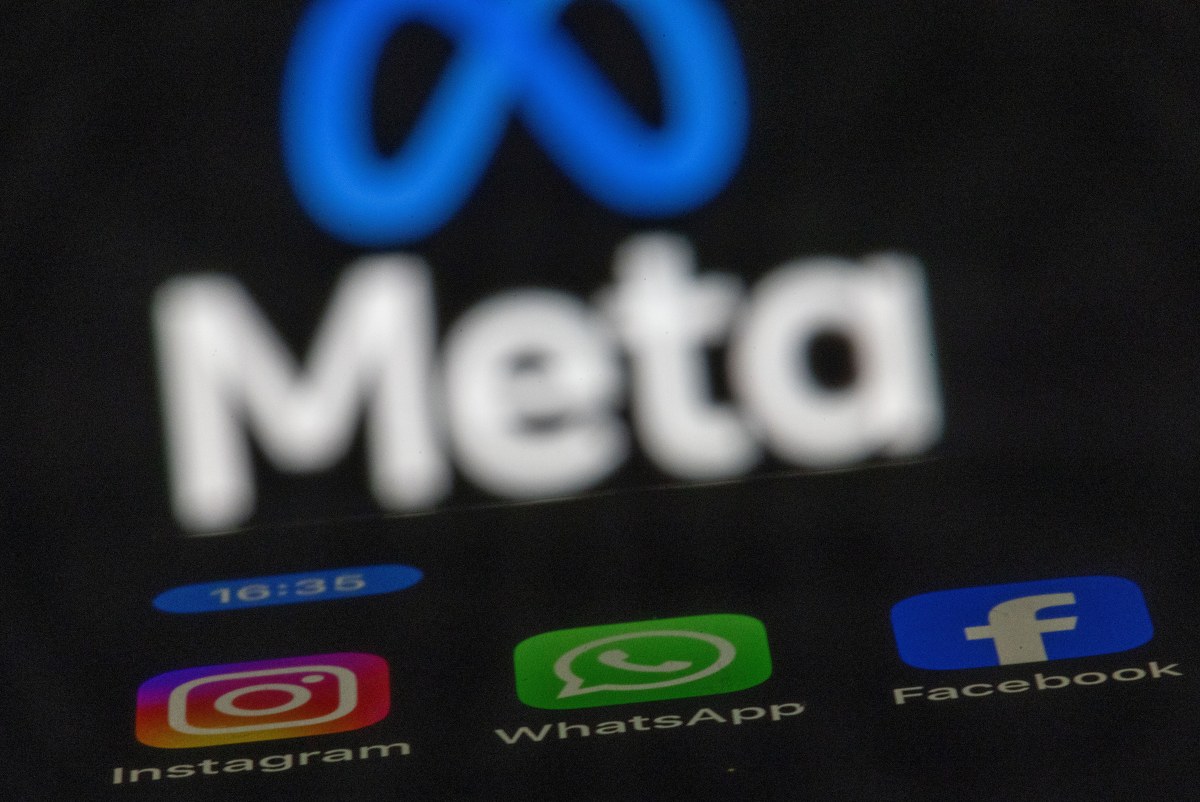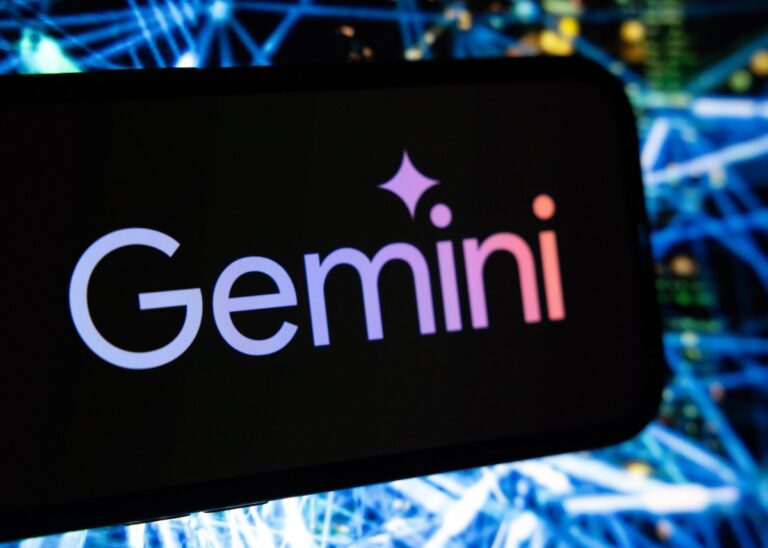Meta Bids Farewell to US Fact-Checkers: What It Means for Online Misinformation
Meta Platforms, Inc. is set to eliminate all fact-checking operations in the U.S. starting Monday, a move that has raised eyebrows among content moderation experts and users alike. This policy shift was confirmed by Joel Kaplan, the chief global affairs officer at Meta, and marks a significant change in the company’s approach to online content management.
Major Policy Shift Announced by Meta
This decision to remove fact-checkers was first revealed in January, coinciding with a broader relaxation of the company’s content moderation rules. The timing is particularly noteworthy as it aligns with President Trump’s inauguration, an event that Meta founder and CEO Mark Zuckerberg attended, having previously contributed $1 million to Trump’s inauguration fund.
Changes in Content Moderation
In a video addressing the moderation changes, Zuckerberg remarked, “The recent elections also feel like a cultural tipping point towards once again prioritizing speech.” However, this prioritization of speech raises concerns regarding the potential impact on marginalized communities.
Impact on Marginalized Communities
According to Meta’s updated hateful conduct policy, the platform will allow allegations related to mental illness or abnormality based on gender or sexual orientation, particularly in discussions surrounding transgenderism and homosexuality. This approach has sparked criticism from various advocacy groups.
Community-Based Moderation Model
Meta plans to implement a new model for content moderation, taking cues from the Community Notes initiative at Elon Musk’s X. This strategy shifts some responsibility for content moderation onto users rather than relying solely on professional fact-checkers.
- Community Notes will gradually appear across Facebook, Threads, and Instagram.
- No penalties will be imposed for users who participate in this new moderation system.
While a community-driven approach can provide crucial context to misleading or controversial posts, experts argue that it is most effective when paired with traditional content moderation tools, which Meta is now discarding.
The Consequences of Reduced Moderation
Meta’s primary goal is to capture user attention, and reducing content moderation can increase post visibility, leading to a higher likelihood of engagement. However, this has already led to a noticeable rise in the spread of false information. For instance, some users have begun propagating misleading claims, including a viral post about immigration that falsely suggested financial incentives for reporting undocumented immigrants.
Statements from Meta Officials
Kaplan stated in January, “We’re getting rid of a number of restrictions on topics like immigration, gender identity, and gender that are the subject of frequent political discourse and debate. It’s not right that things can be said on TV or the floor of Congress, but not on our platforms.”
As Meta redefines its content policies, the implications for users and communities remain to be seen. For more on Meta’s evolving content moderation practices, visit Meta’s official website.
For further reading on the effects of social media policies on marginalized communities, check out this article from ProPublica.







